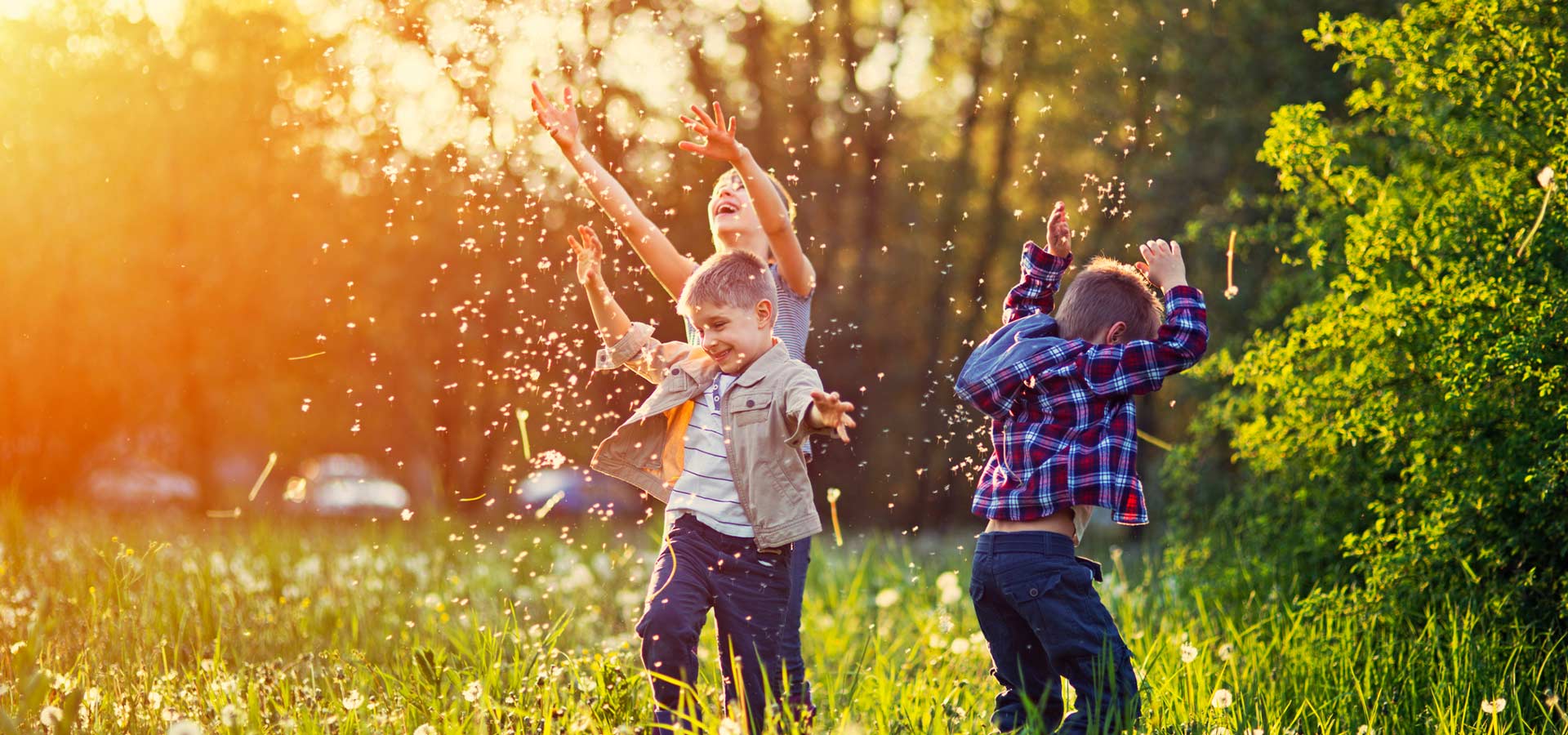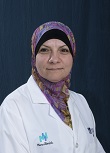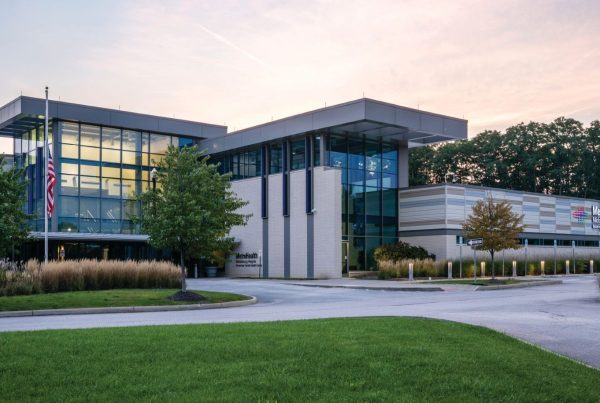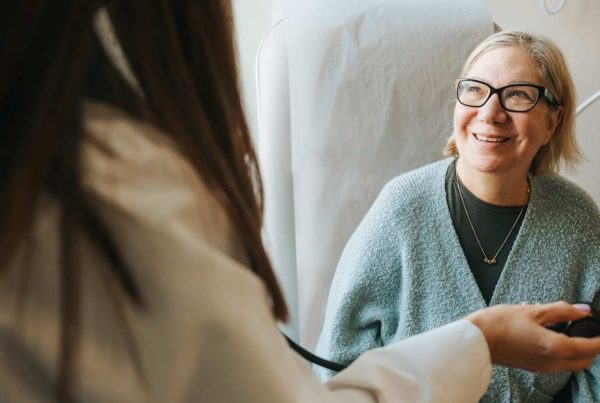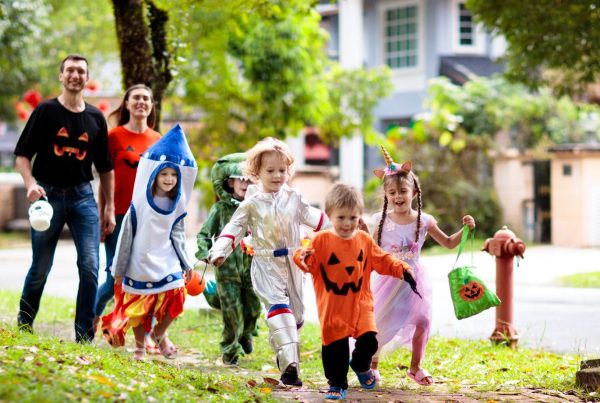MetroHealth Allergy and Immunology providers are available at health centers located in Brecksville, Cleveland, Cleveland Heights, Parma and Westlake. If you are concerned about your child’s allergies, please call our Pediatric Allergy and Immunology Clinic at 216-778-2213 to make an appointment.
Spring is in the air, but so are allergens. While your kids are looking forward to running around outside in the warmer weather, you may be bracing for their seasonal sniffles. Two common culprits? Tree and grass pollen.
“In the Cleveland area, tree pollen appears in early spring, while grass pollen season begins in late spring,” says Kholoud Wishah, MD, a pediatric allergist and immunologist at MetroHealth.
Before you make an appointment with your pediatrician or an allergist, Dr. Wishah has some simple strategies for preventing and relieving spring allergy symptoms.
What to Look For
Allergy symptoms tend to persist beyond the 10 to 14 days of the common cold. They include:
- An itchy, stuffy or runny nose
- Itchy, watery eyes
- Sneezing
- Coughing
- Hives, especially when exposed to freshly cut grass
- Eczema or red patches of skin that flare up and itch
Avoid Pollen
“Avoidance measures can be an effective way to prevent allergy symptoms,” says Dr. Wishah. She recommends that parents:
- Check the pollen counts on your local TV news or on websites such as pollen.com. “On high pollen count days, let your kids play inside,” says Dr. Wishah.
- Close the windows and run your air conditioner.
- Invest in a HEPA (high efficiency particulate air) filter to reduce pollen levels in your house. If you already have one, check if it needs to be replaced.
- Regularly wash the family dog. If Fido spends time outside, he can bring in pollen on his fur.
If your kids do play outside:
- Have them shower right after they come indoors. Don’t wait until bedtime.
- Be sure to wash their hair, where pollen can accumulate.
- Immediately throw dirty clothes in the wash.
Over-the-Counter Medicines
Some over-the-counter remedies can keep sneezing and other symptoms at bay. Be sure to read package instructions for proper dosing in kids.
- Antihistamines in liquid form. These include Claritin®, Zyrtec®, and Allegra®, which tend to be non-drowsy. Benadryl® is also available for kids but it may cause drowsiness, says Dr. Wishah.
- Intranasal saline sprays. These can help loosen mucus in the nose and can rinse out pollen, relieving nasal symptoms. Many store brand options are available.
- Nasal steroids. These include Children’s Flonase® (fluticasone propionate). They reduce inflammation and can help relieve a stuffy nose.
If you already know your child suffers from allergies, try giving your remedy of choice a month or so before spring starts.
When to See a Doctor
If over-the-counter remedies and avoiding pollen don’t work, talk to your pediatrician or an allergist/immunologist.
Doctors may prescribe antihistamine nose sprays, which more precisely target nasal symptoms, says Dr. Wishah. Antihistamine eye drops are also available by prescription to relieve itchy, watery eyes.
If these medications fail, doctors may recommend allergy shots to desensitize your child’s body to pollen or other allergens.

